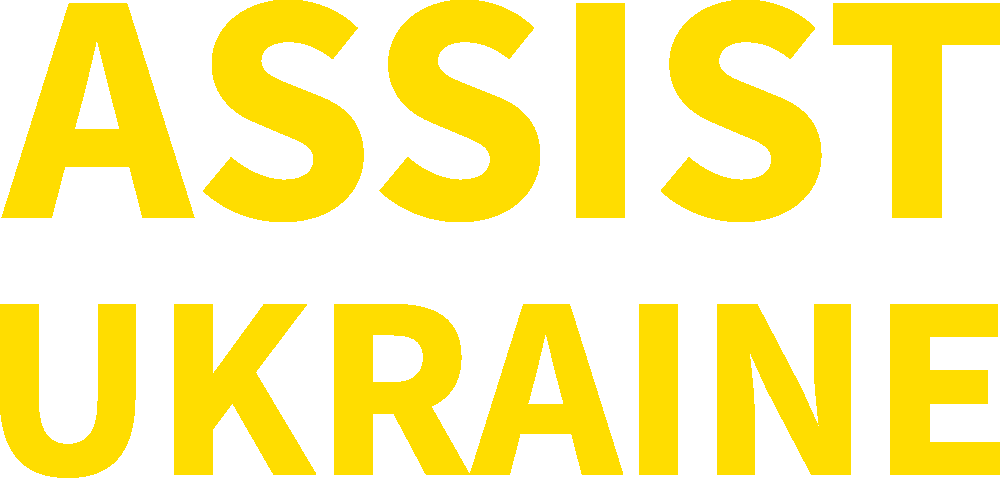Have Gear, Will Deliver: Why I Carry Supplies to Ukrainian Troops (excerpts)
By Anna Husarska, a journalist and political analyst
Kharkiv (Ukraine) This past summer, Britain’s defense minister at the time, Ben Wallace, chided Ukraine for not showing enough gratitude for the West’s weapons supplies. “We’re not Amazon,” he said.
No, but there is a kind of Amazon for the Ukrainian military, in analog form: a network of civilian volunteer groups that deliver an array of goods to soldiers in the field, on request.
I know because I’m one of those volunteers. We deliver tourniquets, chest seals for lung wounds, observation drones, night vision monoculars, power banks, underwear and feet warmers, all within a few days. A secondhand four-wheel-drive vehicle or a thermal drone takes a little longer, up to two weeks.
Volunteerism has played a powerful role in Ukraine’s recent history. An opinion poll conducted that summer, when the economy was already suffering from Russian attacks, found 86 percent of Ukrainians had donated to charities and 33 percent were actively volunteering.
Supplying the army quickly, often with imported items, could not easily be done otherwise: The military’s lingering post-Soviet bureaucracy makes reacting to its own soldiers’ needs difficult. Soldiers get kitted out with gear when they sign up, but lost or damaged items, from socks to helmets, are not automatically replaced. The Defense Ministry is busy dealing with big-ticket items, distributing tanks and heavy weapons coming in from all over the world.
That’s how we, the volunteers, ended up fund-raising and supplying so many essential bits and pieces through ad hoc arrangements with parts of the Ukrainian military. In the grand scheme of things, our individual efforts are minuscule, but they are lifesaving all the same [. . .]
My most recent delivery was to the 3017th Military Unit of the Ukrainian National Guard [. . .] I pick up the vehicle in Berlin. On the Polish side of the Rava Ruska border crossing into Ukraine, I am waved through. On the Ukrainian side, the customs officers know me from previous deliveries, so things go smoothly there, too. An hour later in Lviv I meet up with Olga Shpak, a biologist specializing in whales who abandoned her research, friends and apartment in Moscow two days before the invasion to return to her native Kharkiv. She now is a representative there for another volunteer group, Assist Ukraine, co-founded by the retired NPR journalist Anne Garrels.
Small and flexible groups like these are crucial in this war because the big international humanitarian organizations shy away from anything remotely military. Even a lifesaving tourniquet smells martial to them. But, as Ms. Garrels said soon after the invasion, Ukrainians “don’t need teddy bears, they need flak jackets.”
Ms. Shpak is a one-stop supplier for the military units she knows. Their needs range from dry showers and insect repellent to night-vision devices. She finds the product on the market — in Ukraine or abroad, via the producer or online — and buys it with funds from Assist Ukraine or similar groups, and then organizes the delivery. “Can you urgently find a sturdy pickup for the 3017th?” she had texted me. Soon, it was in the unit’s shopping cart [. . .]
I for one have never seen a war effort — and I have reported on several dozen conflicts — relying so much on volunteerism.
